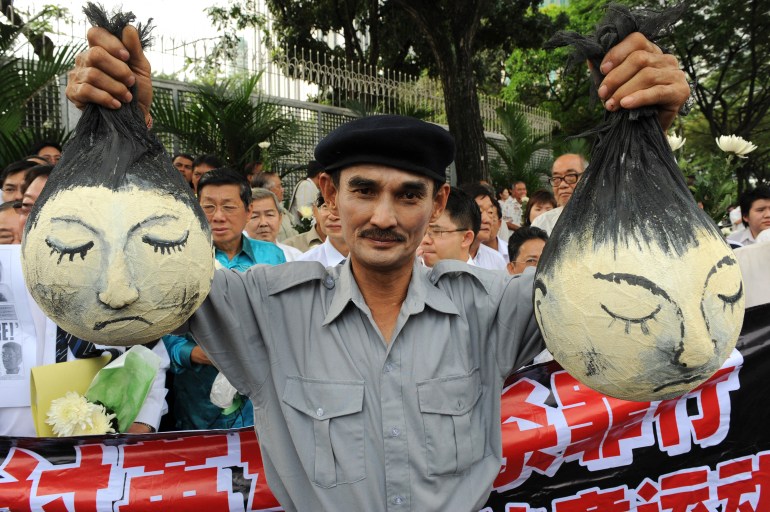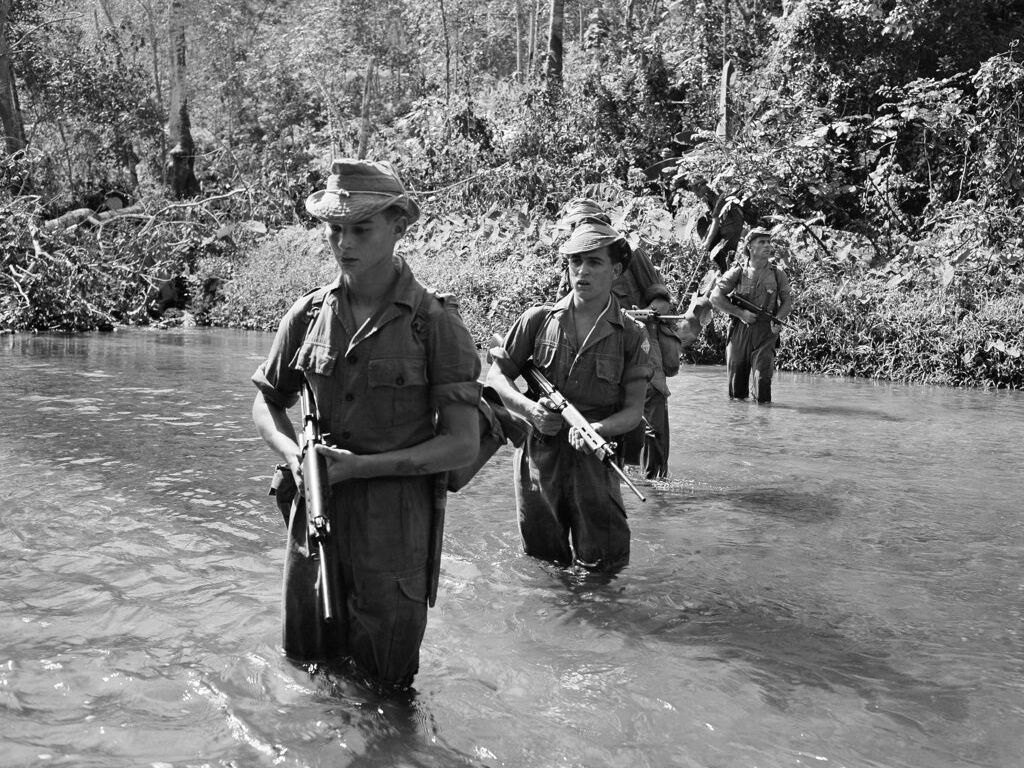No justice: 75 years after a British massacre in colonial Malaya
British soldiers killed 24 innocent people in the opening months of the 'Malayan Emergency' in 1948. Relatives of the victims still seek justice.
Kuala Lumpur, Malaysia - In the smart offices of a law firm located among the skyscrapers of the Malaysian capital, 85-year-old Lim Kok’s thoughts turn back to a crime perpetrated by British forces three-quarters of a century ago.
The decades in between have not faded Lim’s memories of the period when then-Malaya was a colony in the waning days of the British Empire.
Attempting to slow the sun setting on its colony in Southeast Asia, London sent thousands of British and Commonwealth troops to suppress a local movement fighting for independence in the aftermath of World War II.
Lim was just nine years old when his father, a hardworking ethnic Chinese supervisor at a rubber plantation, was gunned down in a hail of bullets along with 23 other innocent workers in what is still known to this day as the Batang Kali massacre.
He lost more than his father that day, Lim said.
He lost a family.
With her husband and the family’s breadwinner dead, Lim's mother was left alone to raise six children – an impossible task for a poor rural household in the late 1940s.
Lim's mother was forced to give her youngest child, a newly-born baby girl, up for adoption. Lim was later sent to live with a granduncle in Kuala Lumpur.
Not only was Lim's family torn apart, but the British troops who carried out the massacre tried to cover up the atrocity by accusing their victims of being involved with the Communists fighting for independence.
The truth would surface years later as journalists, researchers and court hearings attested to the innocence of those killed by British soldiers in Batang Kali.
To this day, however, there has been no redress or official apology from British authorities, who have resisted calls to open an enquiry into the massacre that took place 75 years ago this week.
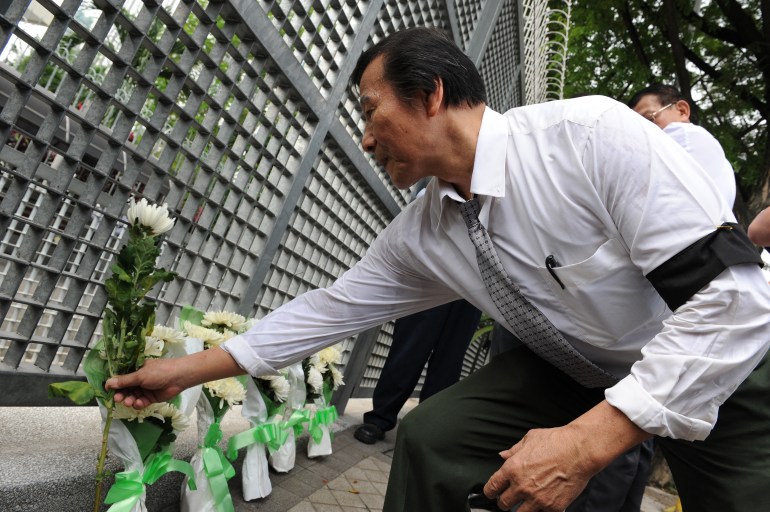
“I knew my dad was a genuine rubber tapper,” Lim told Al Jazeera, when asked about the colonial state’s attempt to frame the victims of the massacre as rebels.
The false accusations never made him “feel bad” as he was growing up, he said.
"The only thing bad is that they were massacred by the British soldiers."
Though he is in his mid-80s, Lim is spry and energetic and has not given up the fight to hold the British government to account for “the suffering which we and the other relatives of the murdered persons experienced”.
“Being the offspring, we suffered a lot. Even my brothers and sisters… They have to go out in search of work at a very early age just to earn a living," he said in an interview earlier this year. "They suffered a lot.”
The most recent fight to hold British authorities to account began in 2008 when the father of Kuala Lumpur-based lawyer Quek Ngee Meng launched a campaign for justice after researching the incident in his retirement.
When his father passed away in 2010, Quek took up the torch for the victims of Batang Kali.
The campaign for an official inquiry has taken advocates from London’s High Court to the Court of Appeal and Supreme Court, and onto the European Court of Human Rights in Strasbourg.
Quek said the massacre has had a multigenerational impact on the families of the slain men, who were consigned to economic hardship and poverty on top of suffering the trauma of the violent deaths of their loved ones.
Many families of the victims could not afford to educate their children well. Some gave up children for adoption. Others married young or agreed to arranged marriages just to keep their families afloat following the loss of their breadwinner.
“The families were actually broken down,” Quek told Al Jazeera, explaining that it took generations for the families of victims to improve their economic and social circumstances.
“It actually wasn't just the 24 or whoever who were killed. Many, many people are victims of this,” he said.
Quek recalls that legal action was not their first choice. An apology and a settlement would have sufficed for relatives, but a letter sent to British authorities seeking to negotiate was ignored.
“There was no middle ground that we can reach…. No offer for any talks. We just have to go on this legal journey and, yes, we lost on technical grounds,” he said.
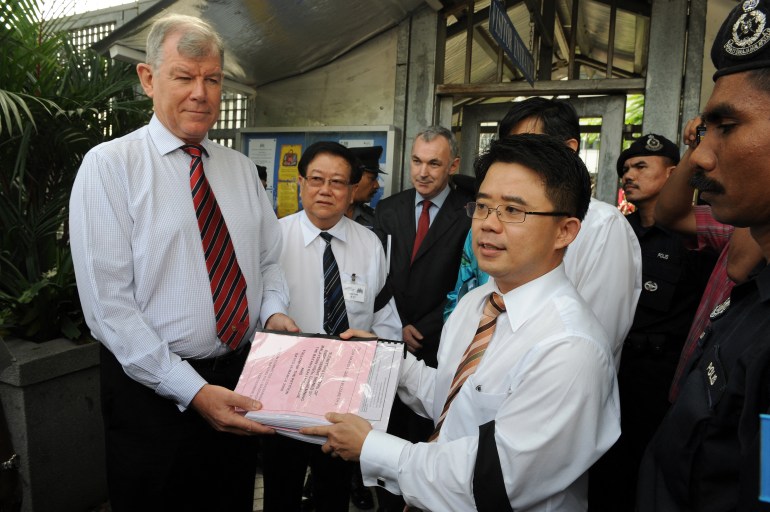
“I felt sorry for Lim Kok and all those I couldn't get compensation for,” said Quek, who has worked for years on the campaign on a pro bono basis.
“But, what I can get is this: All judges all agree that an atrocity at that time was committed by the British soldiers. And, the fact, the true fact, is these villagers, they were not guilty of any crime.”
“They were not Communists. There is no proof that they were sympathisers,” he said.
The details of the Batang Kali massacre are chilling.
According to court documents, in the early evening of December 11, 1948, a patrol of Scots Guards numbering 14 soldiers entered the remote settlement in Batang Kali, located among heavily jungled hills some 60km (around 40 miles) north of Kuala Lumpur. The settlement was inhabited by around 50 adults and some children who worked on the surrounding rubber plantation, which was owned by a Scottish man.
The British soldiers separated the men from the women and children and confined them overnight in a wooden long hut where they were interrogated. The soldiers carried out mock executions to terrify the unarmed male villagers in the hope of obtaining information about rebels that might have been nearby.
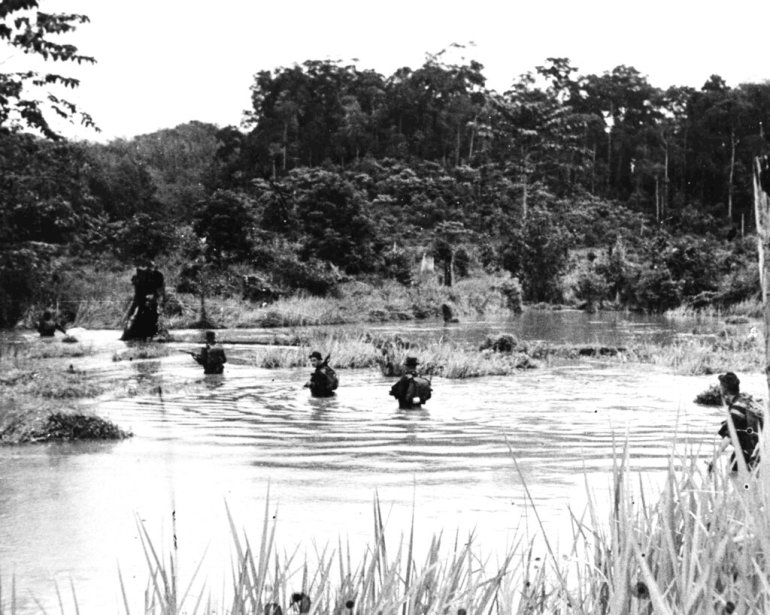
That night, the first victim was shot.
The following morning, the women and children, and one traumatised man, were put on a truck and driven away from the plantation. The hut in which the 23 men had been detained was opened and, in the next few minutes, all were shot dead.
With bodies strewn all around, the soldiers torched the workers' huts and the patrol moved on, returning to their base later.
The first newspaper report in the days following the massacre described the slain men as “bandits” who were shot while trying to escape and claimed that a quantity of ammunition had been uncovered.
Shortly after, Britain’s War Office officially declared the killings as a “very successful action”.
As the truth began to emerge of what actually took place, a rudimentary enquiry headed by British legal officials in the colony was conducted and concluded within a matter of days.
Based on statements from the soldiers, and not the villagers, the conclusion was that nothing had occurred in Batang Kali that “justified criminal proceeding”.
